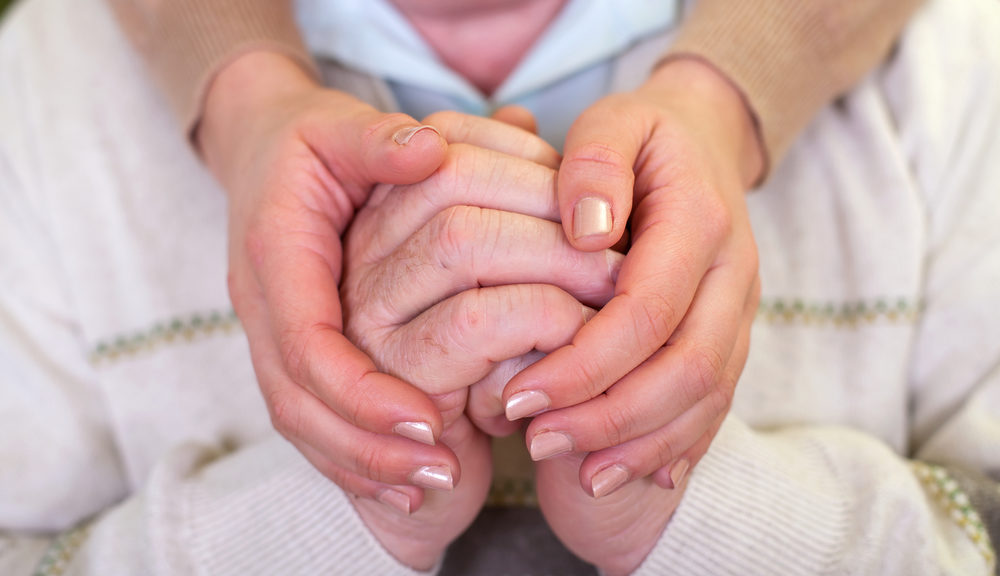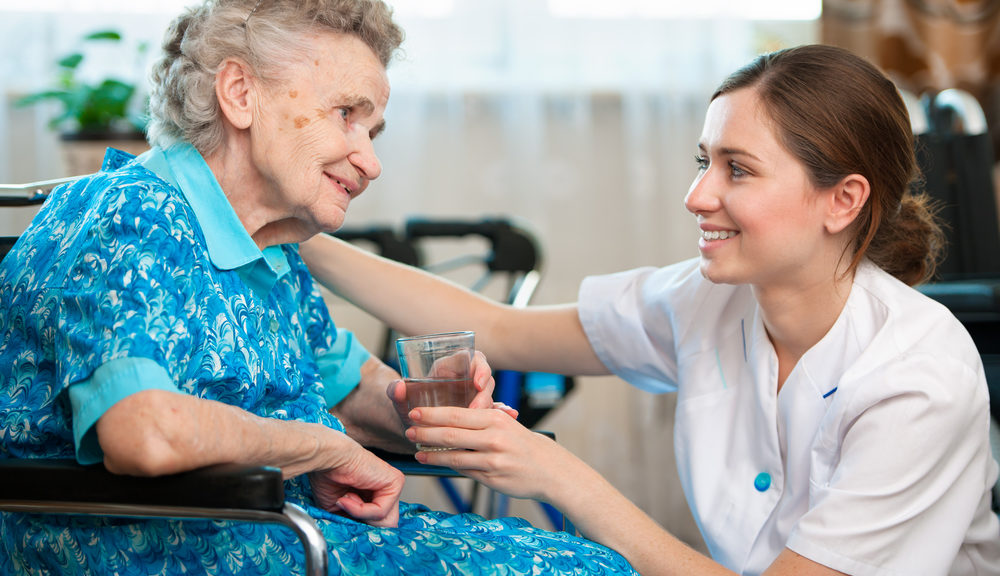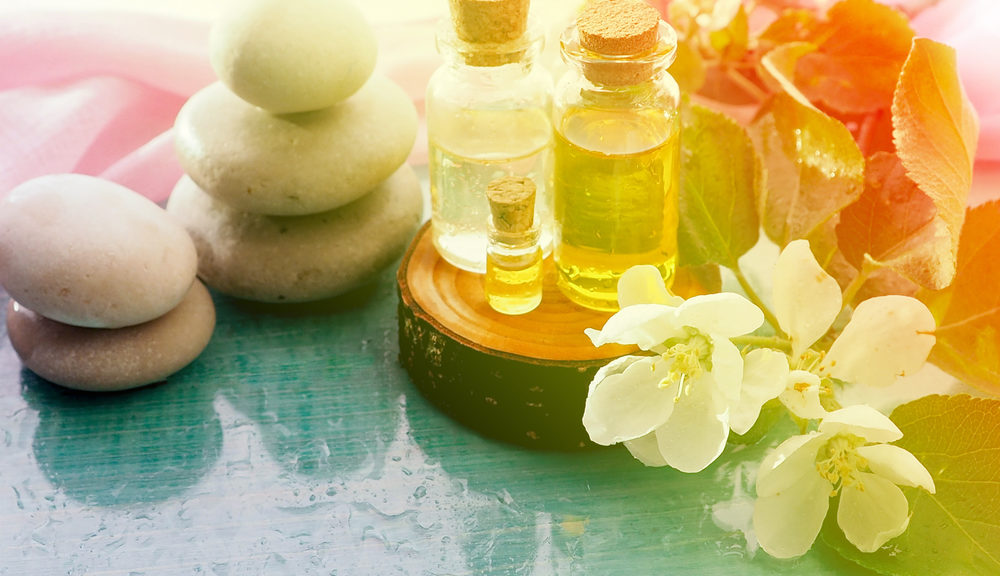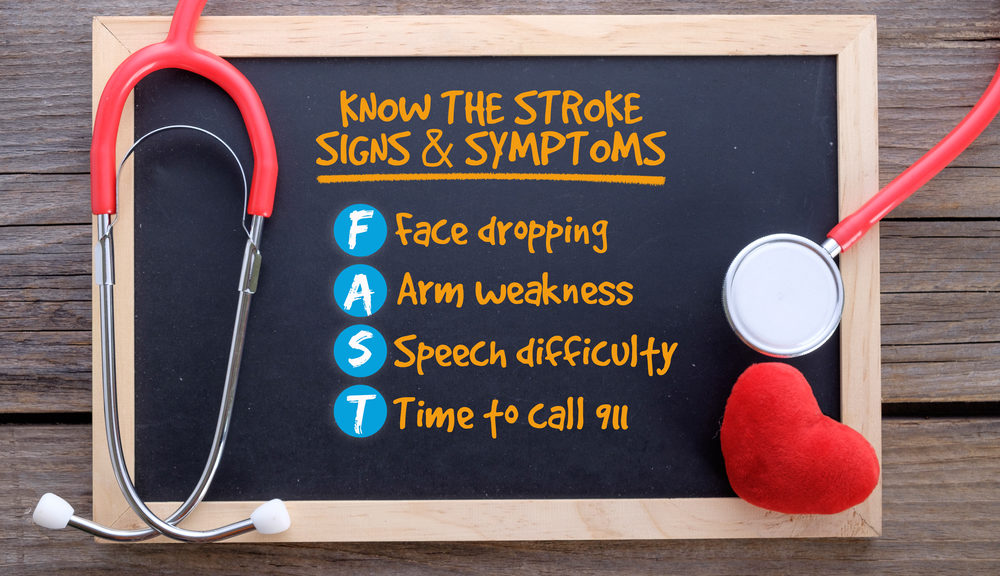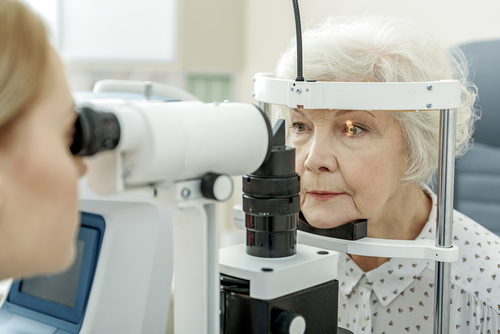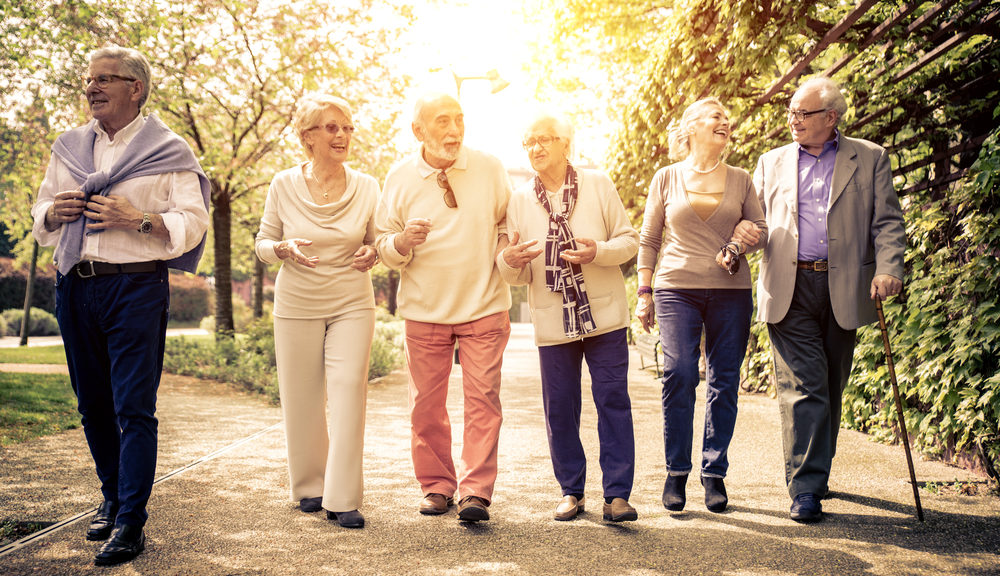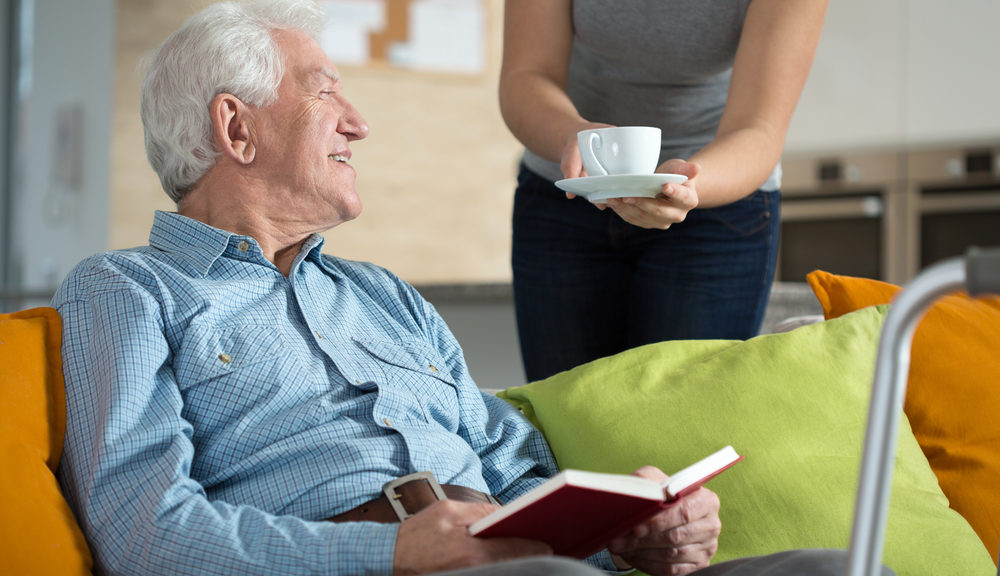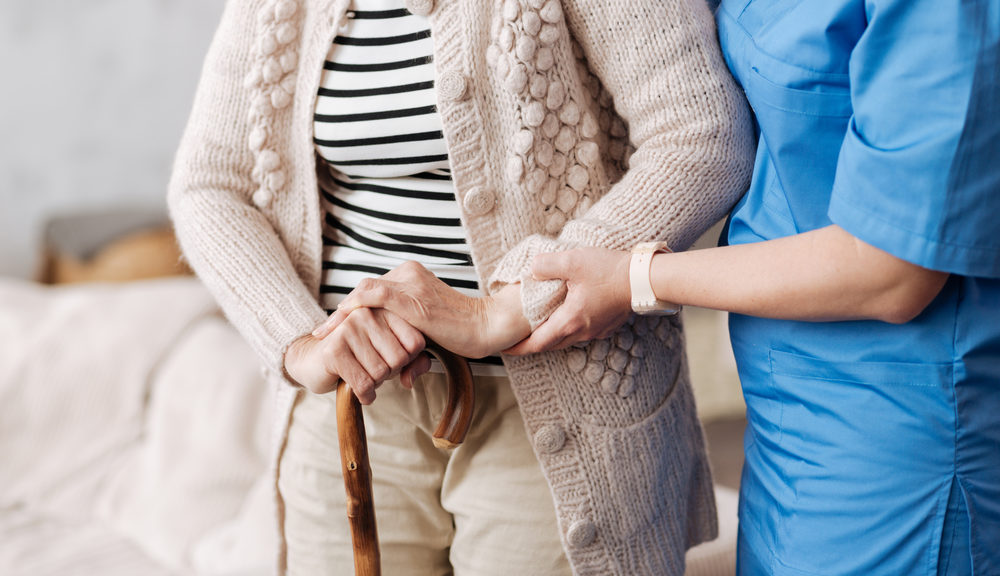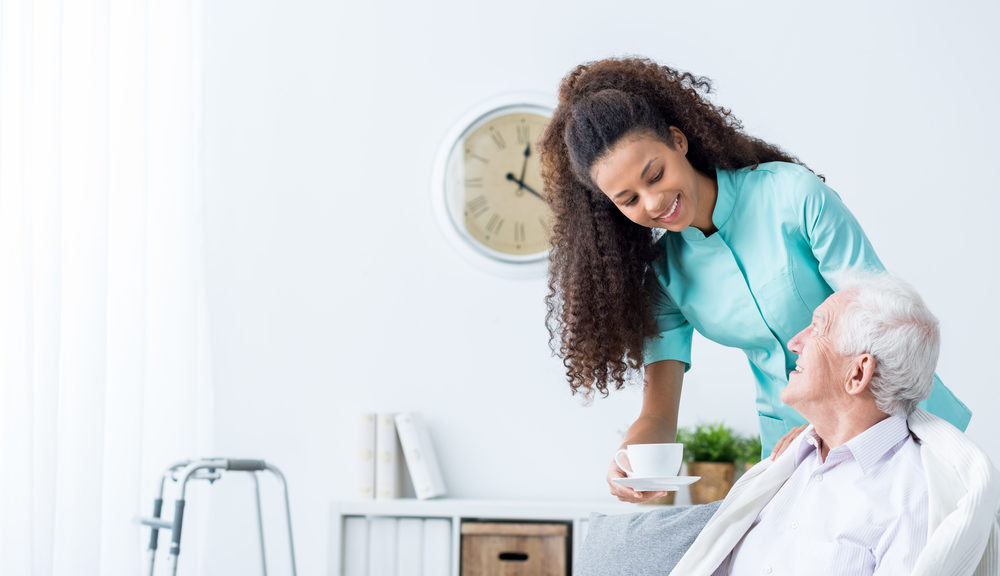5 Signs Not To Ignore In Your Elder Loved One
The human body changes with age. This includes well known and visible changes such as wrinkles or menopause, but will also include changes in memory, muscle strength, and even digestion. While some changes are normal signs of aging, others can be a warning for a serious problem. Whether you are the designated caretaker for an elderly relative, or you just want to ensure that your loved one gets the best care- here are five signs not to ignore: Short-Term Memory…
